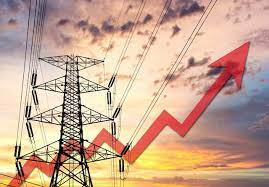Pakistan has been facing an energy crisis for many years, which has led to frequent power outages, known locally as load shedding. The energy crisis in Pakistan is a result of several factors, including a growing population, outdated infrastructure, mismanagement of resources, and an over-reliance on fossil fuels.
Pakistan’s power sector is dominated by thermal power plants, which rely heavily on imported fuel, particularly oil and gas. The country also faces challenges in the electricity transmission and distribution system, which is inefficient and outdated.
To address the energy crisis, the Pakistani government has taken several measures in recent years, including the development of renewable energy sources such as wind and solar power, the construction of new power plants, and the implementation of energy efficiency measures. The China-Pakistan Economic Corridor (CPEC) project has also been instrumental in addressing Pakistan’s energy crisis, with several coal-fired and hydroelectric power projects being developed under the initiative.
Despite these efforts, Pakistan’s energy crisis remains a significant challenge, with power outages continuing to affect daily life in many parts of the country. The Pakistani government continues to work on implementing long-term solutions to address the energy crisis, including the development of a more diversified energy mix, improvements in the transmission and distribution system, and the implementation of energy conservation measures.



